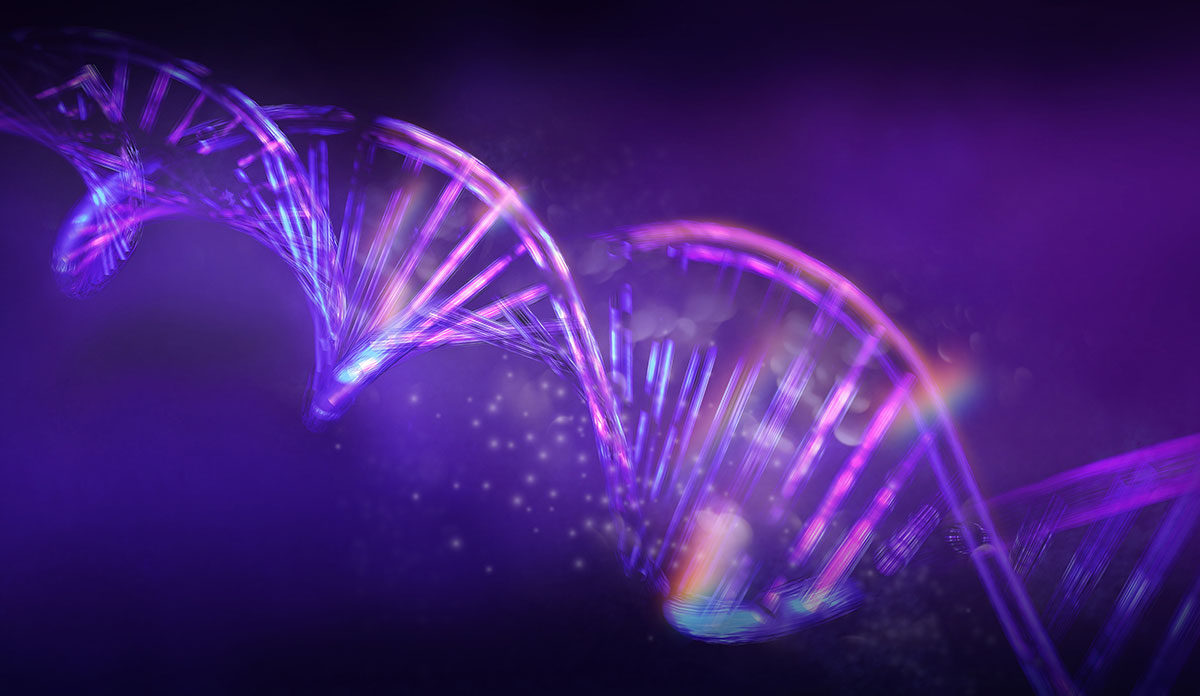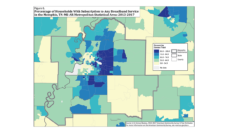Every doctor’s visit, I get asked about my family medical history. And every time, my response is the same: a big shrug, followed by I don’t know. Like me, many adoptees lack access to their biological parents’ health records. Adoptees don’t know if they’re at risk for certain diseases, which means they can’t access targeted screenings for inherited conditions like breast cancer, Huntington’s disease, and cystic fibrosis.
Adoptees often sift through public records, contact adoption agencies, or hire private investigators to obtain information about their biological families. However, these methods can be expensive, time consuming, and incomplete. For international adoptees in particular, these biological records may be nonexistent.
At-home genetic testing kits (like 23andMe) can help you understand where your ancestors came from, and can also be a relatively low-cost way to quickly obtain health information. These testing kits first collect and analyze a sample of DNA, using saliva or a cheek swab. This DNA is then scanned for specific patterns and markers that are associated with health risks including anemia, Alzheimer’s, and blood clots.
The ease and convenience of genetic tests offer a way for adoptees to learn part of their medical history. Lee et. al surveyed adoptees to understand their motivations for using genetic tests and any actions they took after receiving their results. The team recruited 117 adoptees through social media, adoption agencies, and adoption advocacy organizations. Participants completed a survey about whether they took a genetic test, their reasons why (or why not), and whether their results indicated any health risks.
Nearly 60% of adoptees in the study had pursued genetic testing to obtain health information about themselves.
Nearly 60% of adoptees in the study had pursued genetic testing to obtain health information about themselves. Of these, nearly one-third found they had an increased risk for a health condition. This motivated approximately half to speak to their health providers or change their diet and exercise routines.
The majority of adoptees who did not take a genetic test were concerned about privacy. Laws like HIPAA typically protect patients’ medical information. However, HIPAA does not apply when consumers buy genetic tests online, rather than through their doctor. Consequently, genetic information can be accessed by insurance companies to raise rates, or sold to drug makers for research. To better protect consumers, some states are enacting genetic privacy laws. For example, laws in Utah and California require express consent for the sharing and marketing of genetic data.
In addition to issues of privacy, discovering health information through genetic testing has serious limitations, particularly for diverse populations. Every company has a DNA database with information about which patterns and markers are associated with certain diseases. Saliva samples are compared against this database to identify any matching patterns that indicate a potential health risk. However, most DNA in these databases come from white participants. This means the patterns and markers used to identify health risks are less understood for people of other racial and ethnic backgrounds. Poor representation in genetic studies and genome databases often result in tests that tell minority populations they have genetic patterns of “unknown significance,” which provides little helpful information.
Despite these concerns, I still find the idea of genetic testing appealing. I can simply spit into a tube and finally uncover some of my family medical history. The information I get back may be limited. But, it could also give me the opportunity to address potential risks with my doctor and make proactive decisions about my health.
Photo via Getty Images














